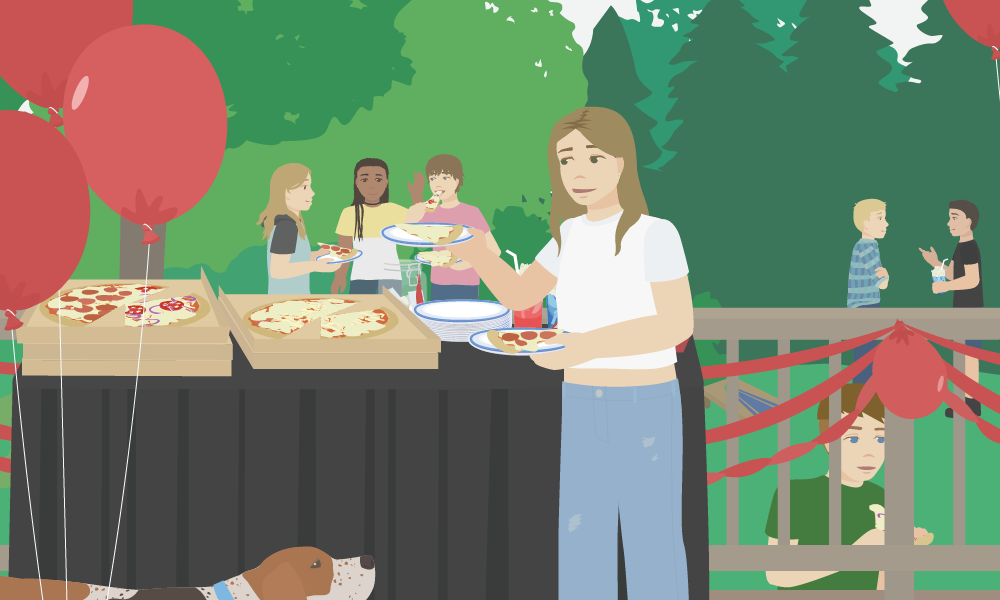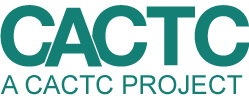School is almost over and summer vacation is right around the corner. This can be a challenging time for youth and their parents. Youth have ample free time to do all sorts of activities, while parents struggle to find the time to supervise their children through their daily obligations.
During the summer months, when there is less supervision, youth are more exposed to the dangers of alcohol and other drugs. On an average day in June and July, more than 11,000 adolescents used alcohol for the first time, 5,000 started smoking cigarettes and 4,500 tried marijuana, according to the report by the U.S. Substance Abuse and Mental Health Services Administration.
Alcohol initiation during the long summer break is not the only concern for adults.
The period between Memorial Day and Labor Day, summer vacation, has been called “The 100 Deadliest Days”. Nine of the 10 deadliest days for youth on U.S. highways fall between May and August.
Data from the National Highway Traffic Safety Administration reveal that during May, June, July and August, nearly twice as many teens die in highway crashes every day when compared to the rest of the year.
Outside of fatal car crashes, underage drinking has serious consequences.
To prevent underage drinking during this summer, parents can implement the Office of National Drug Control Policy’s tips for S-U-M-M-E-R:
Set rules. Set fair consequences and enforce them if your child does break rules. CACTC survey data from Cortland County youth shows us that kids who reported major parental consequences when caught drinking in the past year were less likely to binge drink in the past month compared to kids who had no or minor parental consequences.
Despite the fact that many parents think their kids don’t listen to them, parental disapproval is still the number one reason youth choose not to drink alcohol.
Understand and communicate. Having conversations with your child about the dangers and consequences of alcohol use can begin as early as age nine. Incorporate family rules into these discussions. Research shows that parents can influence a child’s decision to not drink alcohol, so having a conversation about rules before your child starts drinking is extremely important. Avoiding the conversation could send the message that alcohol use isn’t a big deal in your family. Be consistent with what you say to your child about alcohol use and your parental consequences so they continue to view you as a serious, reliable source.
Monitor activities. Making it more difficult for teens to access alcohol in your home is an easy way to prevent them from drinking. If you keep alcohol in your home, having a reliable system to track what you have and/or a liquor cabinet or cupboard that locks could prevent teens from snatching those few forgotten beers.
Cortland County teens who report it is hard to access alcohol are less likely to report drinking in the past month. Limiting access starts at home!
Make sure you stay involved. Know who their friends are and have a relationship with them. Talk to other parents, coaches and adults involved in your kid’s life. Without being intrusive, stay connected to let your child know you care.
Encourage involvement in summer activities. Kids who are involved in Scouts, 4-H, sports, church or other youth activities have a focus for the summer. Other ideas: a job, camp or volunteer activity.
Reserve time for family. Even though kids may seem like they don’t want to spend time with their family, it is beneficial to have meals together, take a vacation and do other family activities. In a survey, when asked “What makes you happy?” The most frequent answer was spending time with family.



